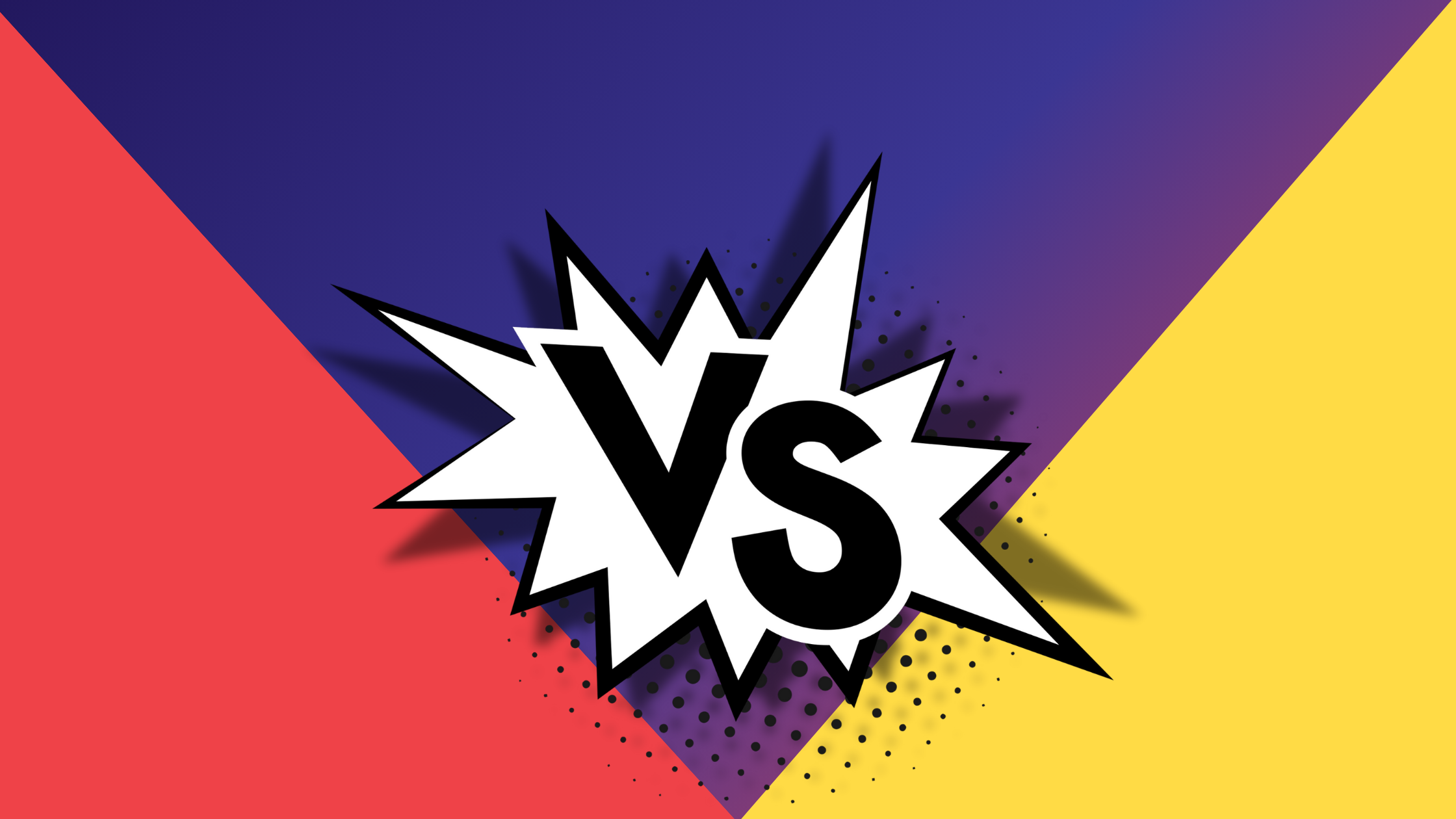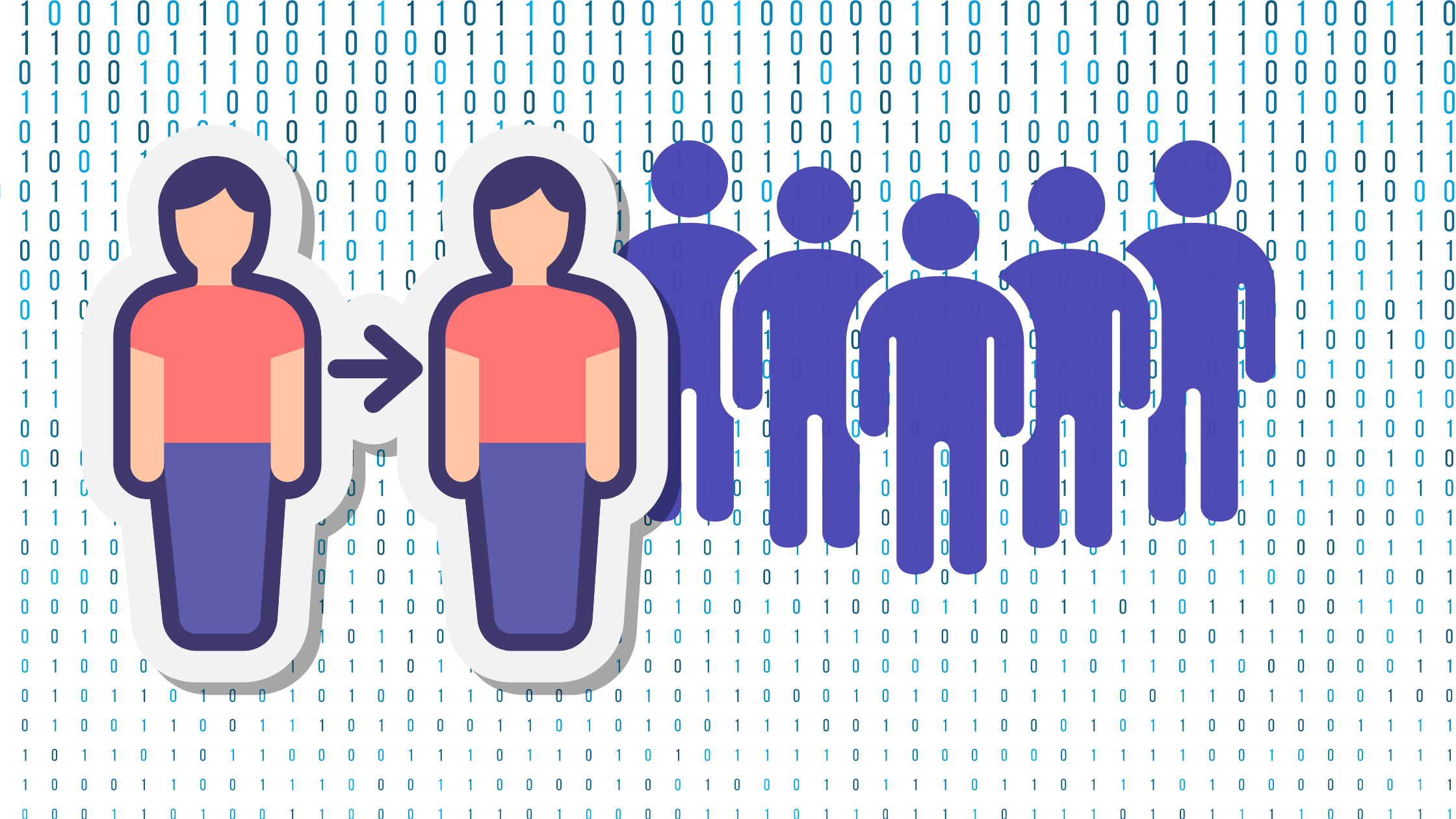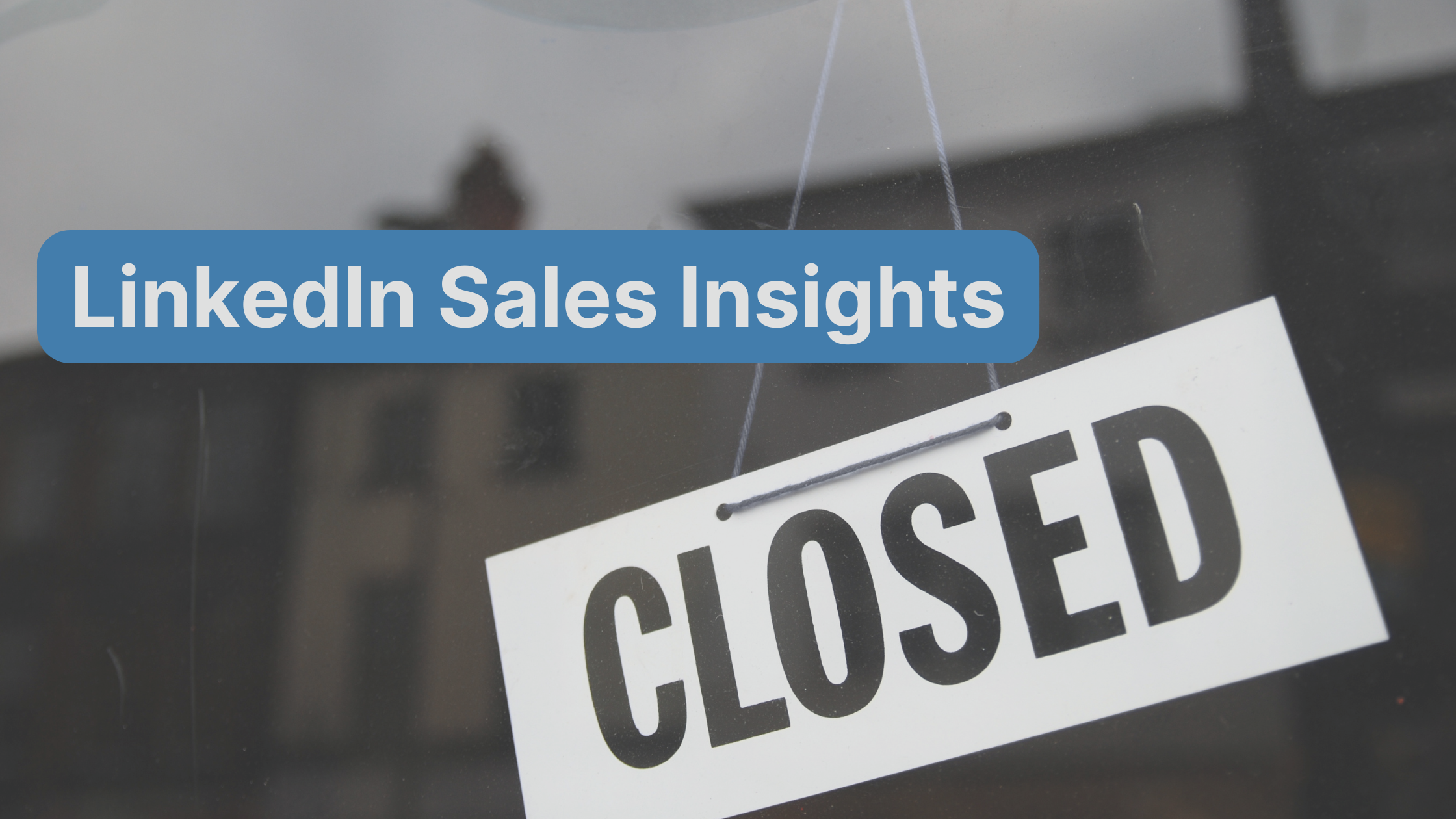RevOps and Sales leaders are continually seeking ways to eliminate bottlenecks in account segmentation and prioritization to meet aggressive revenue goals. For years, traditional data enrichment platforms like ZoomInfo have been the go-to for contact info and industry data. But here's the kicker: these platforms often rely on outdated info and broad classification systems like NAICS codes for industries. They lack the specificity needed for precise segmentation, making your job just a tad more complicated. Sales planning has already been transformed by data enrichment, but it's changing once again with the emergence of AI-driven data enrichment solutions, like what we offer at Gradient Works, along with data providers likeClay. In this blog, we'll dive into how traditional data enrichment platforms with contact info stack up against new AI-powered data solutions.
The difference between a “Clay” and a “Zoominfo” enriched data
Providers like ZoomInfo and Clay offer solid solutions for data enrichment and AI-assisted sales processes, but they differ in their methodologies and focus areas. ZoomInfo and other traditional data enrichment software rely on sourcing all their information from other data sources (which all get updated at very different frequencies). Providers like Clay use AI to scrape the web for real-time data.
Legacy data enrichment providers like ZoomInfo offer an extensive B2B company and contact database with millions of phone numbers and email addresses. ZoomInfo offers detailed professional profiles and account intelligence, using intent data from a vast network to identify good prospects. But hold your applause. One of ZoomInfo's achilles' heels is its use of NAICS codes for industry categorization. These codes can be outdated and broad, leading to fuzzy industry classifications. This lack of precision can throw a wrench in your segmentation and targeting efforts, making it trickier for sales teams to hone in on the most promising prospects.
Clay, is an example of a more modern, AI-driven data enrichment provider that emphasizes automating manual research tasks through an AI research agent. AI agents can visit a list of web domains, gather specific information, and answer virtually any query, such as determining SOC-II compliance or identifying competitors. Tools like Clay also offer contact data enrichment by accessing multiple databases through waterfall enrichment, searching across sources to maximize data quality and coverage. Unlike ZoomInfo, Clay doesn't lean on generic industry codes, allowing for more precise and customizable data enrichment. Additionally, Clay's AI assistant aids in drafting personalized outreach and auto-sourcing new accounts, encouraging spray-and-pray SDR techniques.
Sales AI and data enrichment for RevOps
In the realm of AI-driven data enrichment platforms, Clay and Gradient Works offer unique solutions tailored to different aspects of the sales process. For sales leaders and RevOps professionals seeking to eliminate bottlenecks in account segmentation and prioritization, Gradient Works provides features specifically designed to enhance strategic planning and improve pipeline efficiency.
It’s important to note that ZoomInfo does have an AI assistant, but it’s not for researching or data enrichment, it’s more for creating workflows or notifying you of updates to accounts. Zoominfo’s data enrichment focuses on SDR challenges like contact data, SDRs prioritizing assigned accounts, and communication methods.
While Clay is great for SDRs needing to gather contact info and research data for individual accounts, it's not exactly a Swiss Army knife for sales leaders. Features like the AI research agent Claygent and waterfall enrichment—which accesses over 75 databases—streamline data collection and automate outreach efforts. While these capabilities indirectly benefit sales leaders by improving the efficiency of their teams, Clay's primary focus is on supporting SDRs in day-to-day activities. It lacks advanced features for account segmentation, territory planning, and rep performance tracking that are crucial for sales leadership's strategic decision-making.
On the other hand, Gradient Works is specifically designed for sales leaders and RevOps leaders aiming to strategically improve pipeline results through efficient processes, better data, and automation. AI Researcher lets leaders fill specialized data gaps by turning complex business questions into actionable insights and enriched data. That goes beyond basic data scraping. Gradient Works’ AI Researcher finds answers to your fundamental questions such as: size (for buying power, complexity), geography (time zones, addresses, language), services (industry, product, services provided), and complexity (a unique thing that is core to your ICP). The Market Map feature which scores and groups accounts into micro-segments by AI-scraping account websites. This facilitates hyper-targeted messaging and razor-sharp account prioritization. Additionally, the Lookalikes feature helps identify high-potential net-new accounts similar to existing top customers, aiding in pipeline expansion and ensuring resources are focused on the most promising opportunities.
Gradient Works doesn't stop there. It offers a full solution for dynamic books management, from territory planning and design to automated lead routing, and more. These features give sales leaders the solutions to make informed decisions about which accounts to target, how to allocate resources effectively, and how to crank up overall pipeline quality. By focusing on the unique needs of sales leadership, Gradient Works tackles modern sales planning challenges that platforms like Clay and Zoominfo just don't address.
Which B2B data enrichment should RevOps choose?
For sales leaders and RevOps professionals seeking a platform that directly supports strategic objectives—such as improving account selection, enhancing pipeline results, and streamlining sales operations—Gradient Works stands out as the more aligned choice.
- ZoomInfo provides a wealth of contact information to fuel your outreach efforts. While it relies on NAICS codes, its extensive data can't be dismissed when it comes to targeting prospects.
- Clay offers valuable tools for automating research tasks and supporting SDRs, streamlining data collection and personalization. However, it might not pack the punch needed for high-level sales strategy optimization that sales leaders require.
For a more detailed look at the differences between Clay and Gradient Works, check out the comparison page.
For a more detailed look at the differences between ZoomInfo and Gradient Works, check out the comparison page.




